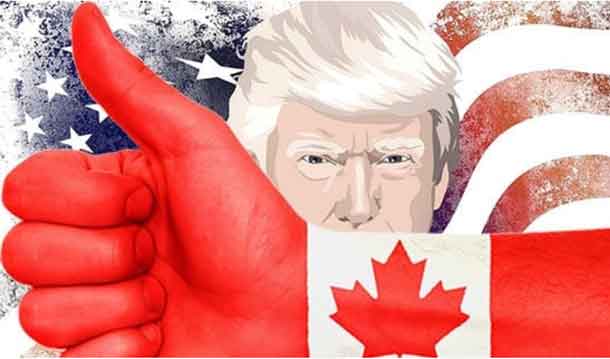

CALGARY – POLITICS – U.S. President Barack Obama stood in the Rose Garden recently with the parents of Bowe Bergdahl to celebrate the release of their son from Taliban captivity. What began as a triumph quickly soured, like warm milk in the sun. A few days later, in Normandy, Obama said “I make absolutely no apologies for making sure we get back a young man to his parents. . . . This is somebody’s child.”
No one asked for Obama to apologize for uniting parents and son. Bowe was indeed “somebody’s child,” but that is no more an element in military strategy than saying “we don’t leave soldiers behind” is a coherent plan to recover them.
Both sides of the exchange of Bergdahl for five Talibs are significant. Start with the fact that all five were on a list of 48 persons that Joint Task Force Guantanamo, which was picked and appointed by Obama, recommended be held “indefinitely.” Now it’s okay to release them in Qatar, whose citizens have long funded jihadists throughout the region, but on what grounds? Supposing they asked for Khalid Sheikh Mohammed, the architect of the 9/11 attack? Would that have been okay, too?
As for Bergdahl, he left his base in uniform on June 30, 2009, with a backpack, water, knives, a compass, and a pen and notebook. He left his helmet, body armour, web gear and weapon behind in a neat pile. By 2010 the Pentagon had concluded he had left his post voluntarily. Shortly after his departure, the Americans received intelligence that Bergdahl stopped at a nearby village to ask directions on how to find the Taliban.
Obviously, he found them. When he was returned to military authorities he was wearing a new Afghan tunic and trousers. “We returned our valued guest to his people,” the Taliban spokesperson said, “and in return they freed our five heroes.” Meanwhile, the five heroes, some of whom were eligible for trial as war criminals, were enjoying a Qatari feast of goats cooked in rice.
The handover of Bergdahl was videoed and promptly went viral. It was another “big win” for the Taliban, said David Sedney, until recently U.S. Defense Department point man in Central Asia. Taliban leader Mullah Omar agreed: the deal was a “great victory.”
When American journalists interviewed Bergdahl’s former comrades-in-arms, the celebration in the Rose Garden looked even more premature.
Jake Clapper of CNN reported the widespread view that he was a deserter. He did not “lag behind on patrol,” as Bergdahl said in a video released shortly after his capture. “There was no patrol that night,” said one. “He deserted.” Specialist Cody Full, who was in Bergdahl’s platoon, said “we swore an oath and we upheld ours. He did not.”
The Obama administration responded by deploying National Security Advisor Susan Rice who declared Bergdahl to be “an American prisoner of war, taken on the battlefield” who “served the United States with honour and distinction.” Later she said she meant it was honourable of Bergdahl to have enlisted. Later still, he was just “innocent until proven guilty.”
So, who you gonna believe, the grunts or the pols?
When polls show no more than 30 per cent of Americans think the exchange was “the right thing to do,” the question answers itself. When more Americans think George W. Bush was more competent than Obama, more than the usual second-term unravelling of presidential authority is involved.
As for the rest of the world, including Canada, this latest behaviour by the Obama administration provides more evidence that sanctimonious risk-aversion does not constitute leadership. The mid-term elections next fall should prove interesting.
Barry Cooper
Barry Cooper is a professor of political science at the University of Calgary.












